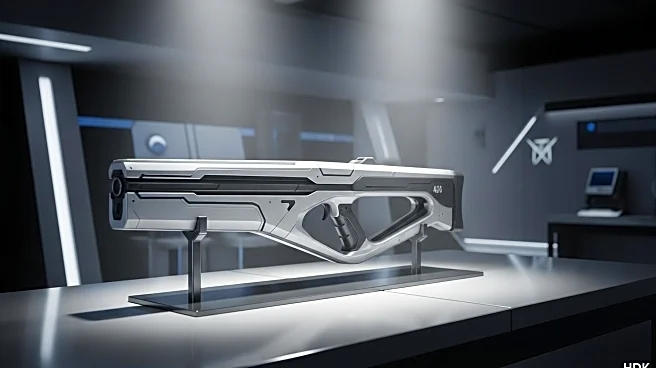What's Happening?
President Trump is focusing on defense reform to accelerate the delivery of weapons to U.S. warfighters, aiming to overcome bureaucratic delays within the Pentagon. His administration has initiated acquisition reforms, including the elimination of outdated processes and bottlenecks that slow down timelines. Trump has also established the U.S. Space Force to address threats in space. The President is urged to maintain sustained attention on defense reform to ensure its success, with suggestions for monthly 'Speed-to-Field' sessions and appointing a White House Coordinator for Defense Reform.
Why It's Important?
The reforms are crucial for maintaining the U.S. military's competitive edge, particularly against adversaries like China. By reducing procurement times, the U.S. can ensure that its military capabilities are delivered swiftly, enhancing national security. The initiative also aims to streamline congressional oversight and reduce bureaucratic inertia, which has historically delayed defense projects. Success in these reforms could bolster the U.S. defense industry and improve operational readiness.
What's Next?
Trump is encouraged to use his political leverage to push Congress to eliminate burdensome regulations and laws that hinder defense efficiency. The administration may set strict timelines for high-priority programs and reward outcomes over processes. These steps are intended to foster a culture of speed and innovation within the Department of Defense.
Beyond the Headlines
The broader implications of these reforms include potential shifts in defense culture towards risk-taking and innovation. The focus on immigration and federal-university research partnerships is also highlighted as essential for sustaining the U.S. military-technical edge.








